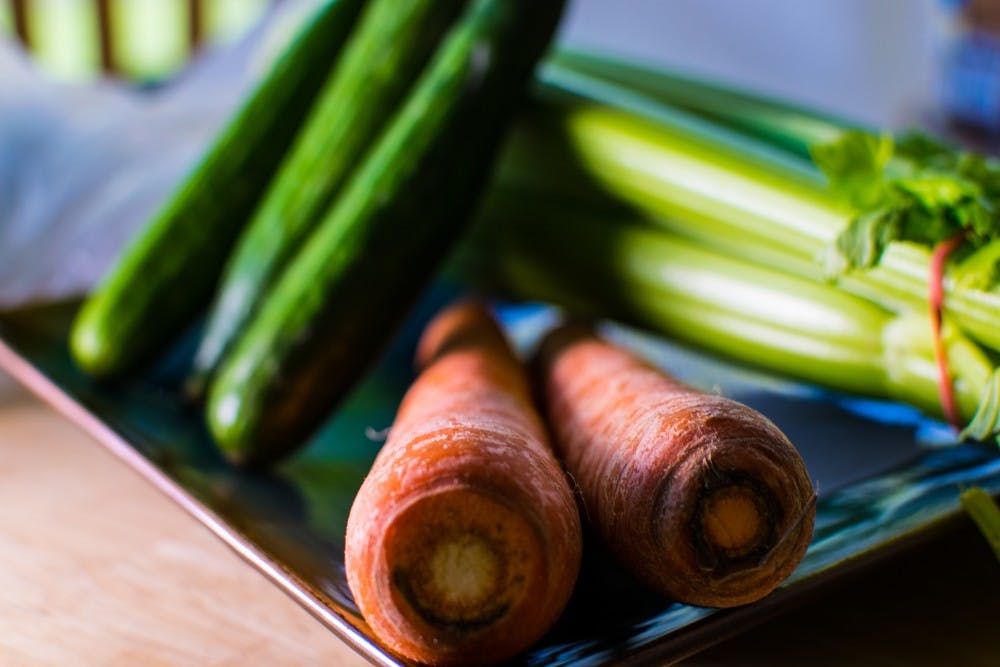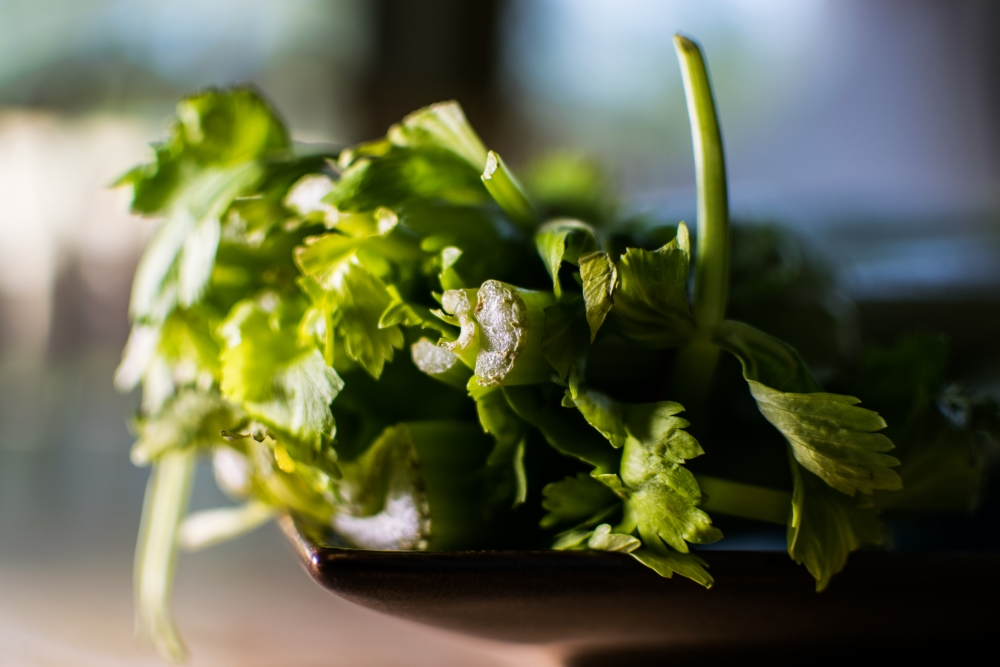Food has a way of sparking memories. The smell of slightly burned hotdogs can take you back to a hot Fourth of July day or the sound of the electric mixer and the smell of whipped butter and sugar can transport you to your grandma’s kitchen.
Whatever it is, food is personal. There are certain dishes you can’t go near and then there are others that make you feel nostalgic.
If what we eat is a personal preference, why are we judging what other people consume? Food shaming is the act of criticizing someone based off of the food they eat. What people are shamed for varies — whether someone’s food is healthy or unhealthy, how much food someone consumes and the type of diet someone follows.
One area of food shaming that has been receiving attention is the difference between vegetarian and omnivore diets. One side does not eat meat while the other does. There are also people who follow a vegan diet and do not consume any animal products.
There are organizations like People for the Ethical Treatment of Animals, otherwise known as PETA, that aren’t shy about their dislike of a diet containing meat. PETA is known for their controversial demonstrations and campaigns showing images of skinned animals.
Arizona State University student Alyssa Williams remembers going to a First Friday in Downtown Phoenix six years ago and walking by PETA activists.
“They were naked on the street wrapped in Saran Wrap to imitate the packaging of meat and they had a TV set up showing the cruelty done to animals,” says Williams. “They usually paid you a dollar if you watched the whole thing, so I did, and I was mortified.”
Williams decided to try a vegetarian diet after doing some research on her own and maintained a meat-free lifestyle for about seven months.
Christmas food and her love of tamales made Williams return to eating meat around the holidays. Afterwards, Williams tried to go back to being vegetarian but only lasted four more months.
“Growing up in a Mexican family and being vegetarian is hard, especially during the holidays when there's meat everywhere,” Williams says. “I don't think my grandma really understood the concept of vegetarianism and the rest of my family just thought it was a stage, so it didn't help.”
Culture and religious restrictions have an impact on what people eat. In India, around 33 percent of the country follows a vegetarian diet. This is high number when compared to the United States, where only 3.2 percent of the population is vegetarian.
“Changing to a vegetarian diet would be extremely difficult,” says ASU student Sayeg Arellano. “The main challenge would be eating at home because we eat as a family and most of our meals consist of a type of meat for the main part.”
Around 54 percent of the American population who switched their diets said they did it for animal welfare and around 53 percent said they went vegetarian to improve overall health, according to Statistic Brain.
There are a variety of reason why people decide to stop eating meat, but with any diet, one has to make sure they are getting the right number of nutrients. A lean meat diet had also been proven to be healthy.
“I have been a vegetarian for about five years,” says ASU student Leanna Wickson. “And I honestly just don't like meat so I stopped eating it.”
Wickson says she will eat fish occasionally to make sure she gets protein and she “(doesn’t) care if people don’t agree” with what she eats because she can do what she wants.
The reasons people choose to eat or stop eating meat are individual and personal, but people continue to comment on other people’s diets.
“People on both sides should open their minds and accept that not everyone is vegetarian and not everyone eats meat,” Williams says. “Both education and an open mind are needed.”
Reach the reporter at Attalie.Murphy@asu.edu or follow @Strngerthanfear on Twitter.
Like State Press Magazine on Facebook and follow @statepressmag on Twitter.





